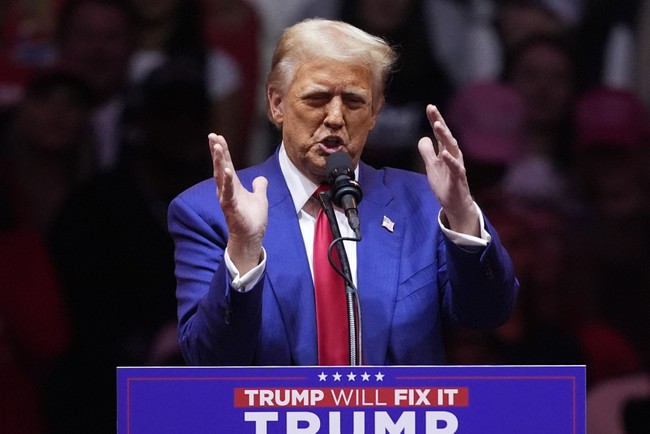Palestinian Reconciliation: Unity Amidst Conflict
The recent signing of the Beijing Declaration marks a pivotal step towards ending the longstanding division among Palestinian factions.
Published July 25, 2024 - 00:07am
Image recovered from assawsana.com
After three days of reconciliation talks involving 14 Palestinian factions in Beijing, starting from Sunday, several factions, including Hamas and Fatah, signed an agreement to end the division and promote Palestinian unity. This agreement was mediated by China, as reported by China's CCTV on Tuesday.
This announcement comes as Israel continues its war on Gaza, with China seeking to play a mediating role in the ongoing conflict. Chinese Foreign Minister Wang Yi stated that the agreement is about 'great reconciliation and unity among all fourteen factions.'
Wang further clarified, 'The primary result is that the Palestine Liberation Organization (PLO) remains the sole legitimate representative of the Palestinian people in general.' The agreement covers governance in Gaza post-war and the establishment of an interim national reconciliation government. However, it remains unclear what role Hamas, which is not part of the PLO, will play, or the immediate impact of the agreement.
During a press conference on Tuesday in Beijing, Hamas representative Mousa Abu Marzouk indicated their agreement to complete 'reconciliation' and justified the attacks on October 7. He stated, 'We are at a historic crossroads. Our people are rising in their struggle efforts,' adding that the October 7 operation 'changed much on both international and regional levels.'
The signing of the 'Beijing Declaration' by Palestinian factions was also highlighted by Chinese state media. They noted that the factions agreed to form a 'reconciliation government,' an arrangement facilitated by China's growing influence in the Middle East. The recent agreement comes more than nine months into the war in Gaza between the Israeli army and Hamas.
According to official Israeli data, the conflict began after unprecedented attacks by Hamas, resulting in nearly 1,200 deaths, primarily civilians, including women and children, and kidnapping 251 hostages. In response, Israel launched intense bombing and ground operations, resulting in approximately 39,000 deaths, mostly women and children, and tens of thousands of injuries as per Gaza's Health Ministry.
Israeli Foreign Minister Yisrael Katz criticized the agreement, asserting that Palestinian President Mahmoud Abbas is 'embracing Hamas elements instead of rejecting terrorism, revealing his true face.' Katz declared on social media, 'In reality, this will not happen because Hamas's rule will be crushed, and Abbas will watch Gaza from afar, while Israel's security remains exclusively in its hands.'
The 'Beijing Declaration,' hailed by Hamas's top political figure, Hussam Badran, as a 'diplomatic coup for Beijing' reflects China's burgeoning role in international diplomacy, specifically within the volatile Middle Eastern region. Badran highlighted the significant efforts by China to host the reconciliation dialogue, which, coming at a time 'where our people is facing a genocide, especially in Gaza,' is a positive step towards achieving Palestinian national unity.
The April meeting in Beijing marks a notable effort by both Hamas and Fatah to reconcile after about 17 years of disputes. This was the first public declaration of a Hamas delegation's visit to China since the onset of war in Gaza. The reconciliation dialogue held from July 21 to 23 culminated in the signing of the 'Beijing Declaration,' involving leaders of both factions and representatives from 14 Palestinian factions in total. The talks aimed at forming an inclusive Palestinian national unity government under the PLO, aligned with UN resolutions and ensuring the right of return as per Resolution 194.
This reconciliation comes amidst China's increased diplomatic efforts advocating for Palestinian rights in international forums over the past few months. Beijing has called for a broader Israeli-Palestinian peace conference, emphasizing a specific timeline for implementing a two-state solution.
The prolonged Israeli offensive on Gaza, ongoing since October 7, 2023, has resulted in significant casualties, with the death toll reaching 39,006 and 89,818 wounded as of yesterday, according to Gaza's Health Ministry. This continued conflict underscores the urgency for a unified Palestinian front capable of addressing both governance and reconstruction needs in Gaza, and creating conditions conducive to national elections.







